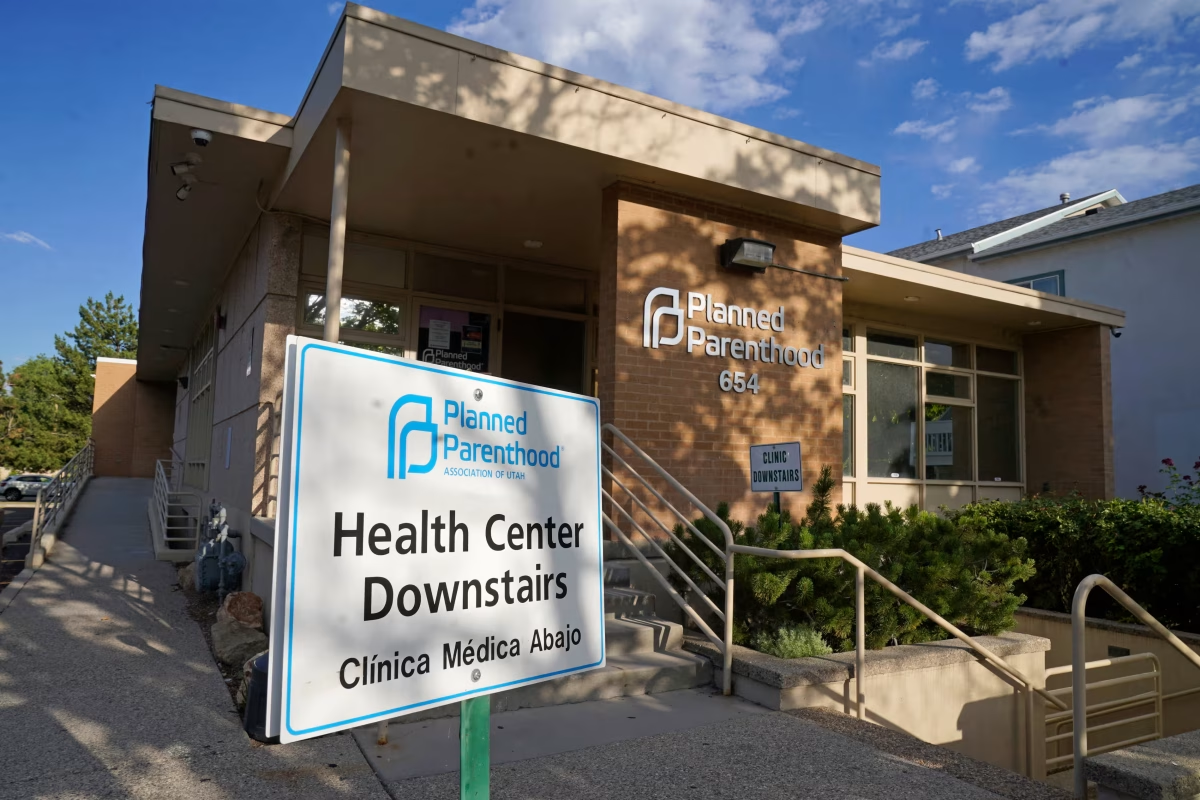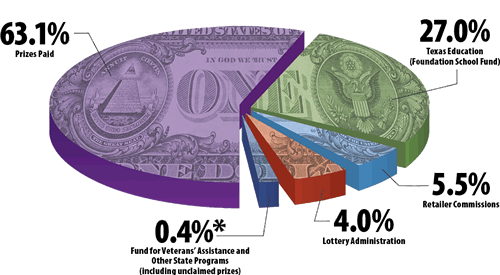Burnout is a term we hear often, but what does it really mean? The American Psychological Association defines burnout as ‘physical, emotional, or mental exhaustion, accompanied by decreased motivation, lowered performance, and negative attitudes toward oneself or others.’ It’s not a medical diagnosis, but the effects are very real.
Burnout can affect anyone, students, employees, even those just trying to balancing life’s craziness. Studies show that more than 57% experience negative impacts because of work-related stress. Stress that are sometimes associated with work place burnout
Recognizing burnout isn’t always easy either. People tend to push through exhaustion without realizing the toll it has on their mental and physical health. Common signs include fatigue, lack of focus, and feeling disconnected from work or life. Long term, burnout can weaken the immune system, making you more vulnerable to illnesses like colds and flu.
Mental health resources are often recommended to help, but access to support can sometimes be a challenging. I reached out to HCC Counseling for insight on burnout and available resources that the school offers for the students and the faculty, unfortunately I received no response.
Burnout is an ongoing issue, and seeking support is important. If you’re struggling, consider reaching out to a trusted professional or exploring self-care strategies to manage stress.
Sources
https://www.apa.org/pubs/reports/work-in-america/2023-workplace-health-well-being
https://www.apa.org/gradpsych/2011/03/corner#:~:text=Burnout%20is%20characterized%20by%20emotional,to%20the%20job%20and%20absenteeism.
https://health.clevelandclinic.org/signs-of-burnout
https://www.trs.texas.gov/Pages/healthcare-news-202405-burned.aspx
































